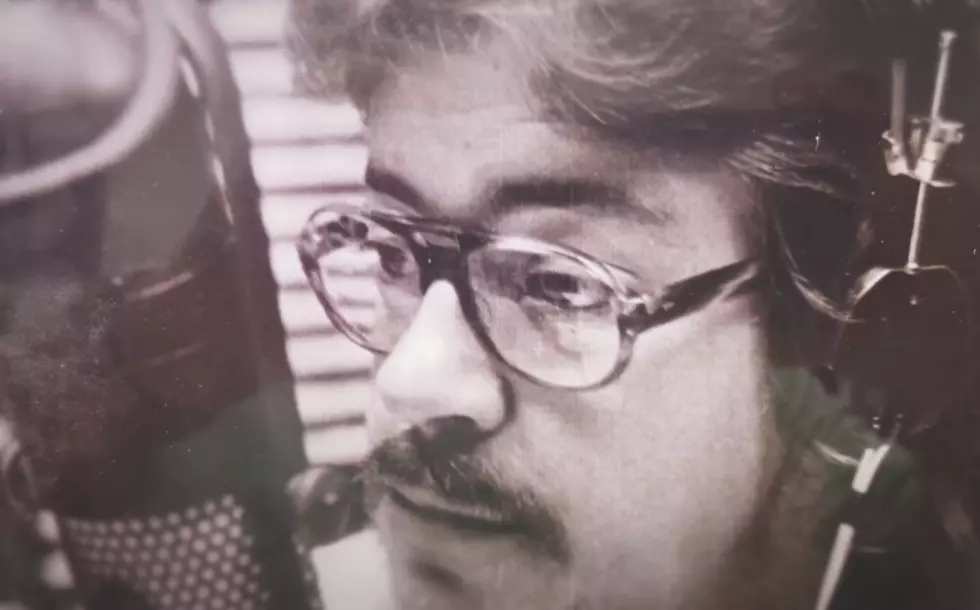
Watch Motley Crue Blow Up ‘Cessation of Touring Agreement’
Motley Crue have made it official that they're back.
While there's no announcement yet regarding the tour with Def Leppard and Poison that was reported earlier today, the band uploaded a video that shows its famous "Cessation of Touring Agreement" being destroyed.
You can watch it below.
To the strains of "Home Sweet Home," Machine Gun Kelly, who starred as Tommy Lee in this year's Crue biopic The Dirt, narrates how the band signed an "unprecedented contract" and how they continued to pick up new fans. "They knew that if they were ever to stand onstage together again, that contract would have to be destroyed," he says. "Well, destruction has never been an issue for Motley Crue."
And then the desk the contract sits upon is, in the words of SCTV's Big Jim McBob and Billy Sol Hurok, "blowed up real good," as the music switches to "Kickstart My Heart" and the rest of the room bursts into flames. The video ends with the words "Motley Crue Is Back" splashed across the screen.
“Since playing Tommy Lee in The Dirt, so many of my fans have said how they wish they could've seen the real Motley Crue play live,” Machine Gun Kelly said in a press release. “I never thought I would see the day when this would become a reality. But the fans spoke, and Motley Crue listened!”
The official statement adds a bit of statistical color to Kelly's words: "The Dirt currently enjoys an audience score of 95 percent on Rotten Tomatoes. And its massive global success earlier this year saw Motley Crue’s popularity rush to new highs, catapulting the band’s music back to the top of the worldwide charts with the younger 18-44 demographic now representing 64 percent of the band’s fan base. Moreover, in the six months following the release of The Dirt, Motley Crue have celebrated a meteoric rise of almost 350 percent increase in streams of their music across all streaming platforms. However, most of the new fans have never seen any of the legendary live shows that Crueheads have relished for close to four decades."
Motley Crue Lineup Changes: A Complete Guide
More From KFMX FM










